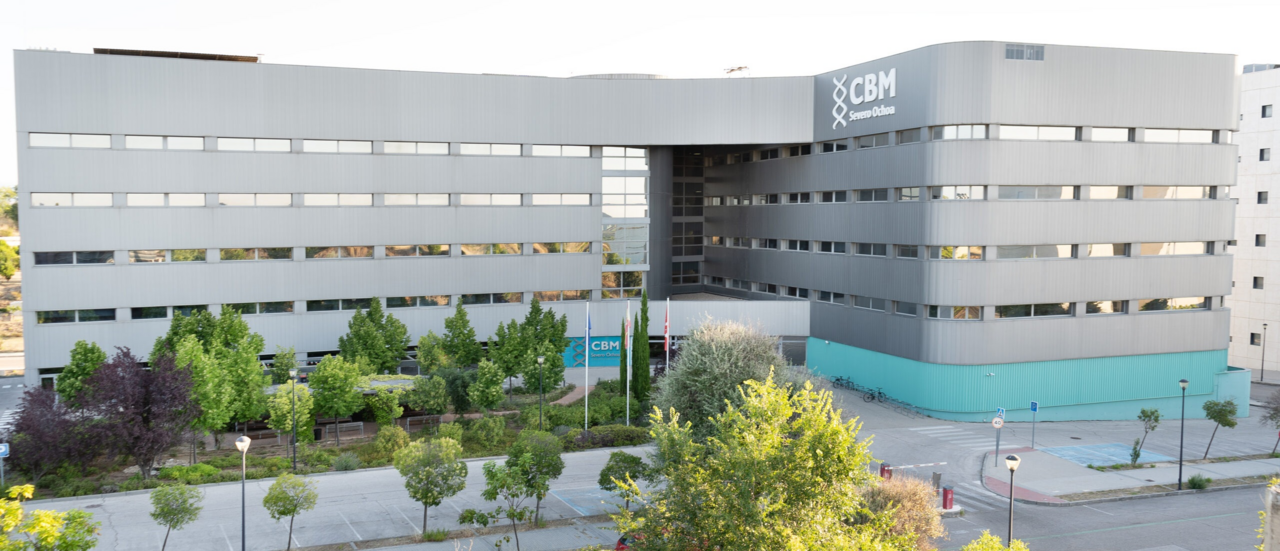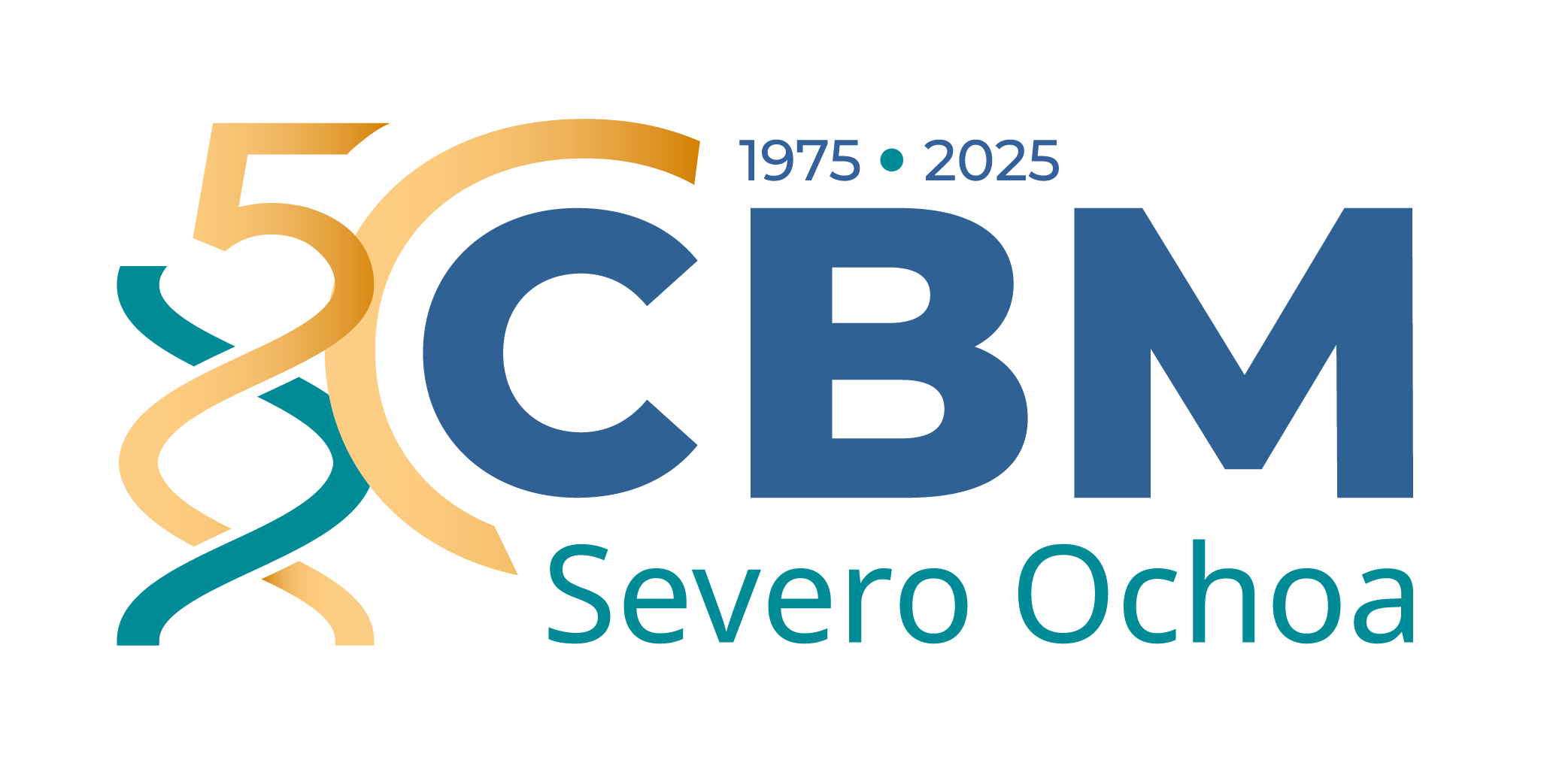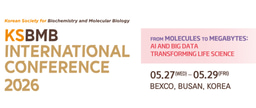Visions: Paola Bovolenta, Director of CBM, Spain

This post was jointly written by the CBM Director Paola Bovolenta (CSIC Research Professor) and by the the CBM Deputy Director Beatriz López-Corcuera (Universidad Autónoma de Madrid Full Professor).

The Centro de Biología Molecular Severo Ochoa (CBM) is a Spanish leading research center, dedicated to advancing knowledge in molecular biology and related fields. Established in 1975 as a joint initiative between the Consejo Superior de Investigaciones Científicas (CSIC) and the Universidad Autónoma de Madrid (UAM), the CBM’s founding mission was to propel Spanish research up to international standards. The center was promoted and strongly influenced by Severo Ochoa, the Spanish-American biochemist winner of the 1959 Nobel Prize in Physiology or Medicine for his groundbreaking work on RNA synthesis. The institute was later named after him, to honor his strong contribution to the CBM foundation and initial directorship.
Over the years, the CBM has evolved into a multidisciplinary research hub with a strong commitment to collaboration, education, and translational research. Its resilience and ability to grow are proven by a new generation of outstanding scientists joining forces with more senior members. This synergy, coupled with the “Severo Ochoa Center of Excellence” award by the Spanish Research Agency, is bolstering its position as a major player in biomedical research.
Bridging basic and applied research
In 2008, the CBM moved to a modern, purpose-built facility within the UAM campus, a milestone that significantly expanded its research capacity. In 2025, as it celebrates its 50th year of activity, the center currently hosts over 90 principal investigators aligned to four major research programs, allowing interdisciplinary studies that bridge different basic and applied disciplines. Indeed, the CBM is renowned for its contributions to basic and applied research, with a particular focus on cell and developmental biology; genomic instability and cancer biology; neurodegenerative diseases and healthy aging; rare diseases and developmental disorders; metabolism, inflammation, and immune response; virus-cell interactions, infectious diseases and microbiome. This breadth of expertise allows CBM scientists to integrate diverse perspectives, fostering innovation and facilitating the translation of fundamental discoveries into clinical and industrial applications. This integration is further supported by strong scientific services run by fully dedicated and highly competent personnel operating cutting-edge technology equipment and infrastructure.
The CBM has demonstrated its capacity to rapidly address emerging infectious diseases, as seen in its response to the SARS-CoV-2 pandemic and ongoing avian influenza surveillance in Antarctica. Through its expertise in virology, molecular diagnostics, and genomic sequencing, the CBM has contributed to understanding viral transmission, developing diagnostic tools, and informing public health strategies. These efforts highlight the center’s role in advancing global health and epidemic preparedness.
Similarly, recent CBM studies have uncovered critical mechanisms in brain pathologies, including autism spectrum disorders, Alzheimer's disease (AD), and neurodegeneration at large. Key discoveries include the role of alternative splicing in neurodevelopmental disorders, the impact of secreted proteins in microglial activation during neurodegeneration, and novel metabolic and lipid-based therapeutic targets. Advances in cancer research have shed light on genome integrity mechanisms, oncogenic drivers in leukemia and breast cancer, and metabolic vulnerabilities of metastasizing cells. Significant progress has also been made in early cancer detection, immunotherapy strategies, and novel therapeutic approaches targeting mitochondrial metabolism and tumor progression. A good fraction of the CBM research is also devoted to a variety of rare diseases.
The CBM’s focus on collaboration with hospitals, universities, and biotech companies has been instrumental to bridging the gap between academic research and practical applications. This emphasis on translational research ensures that the center’s discoveries extend beyond the lab to improve public health and medical treatments.
Beyond research, the CBM is strongly committed to education and mentoring. As part of its affiliation with the UAM, the center actively participates in graduate and postgraduate programs, offering doctoral training, mentoring opportunities, and specialized courses to nurture the next generation of molecular biologists. The training environment at the CBM emphasizes not only technical proficiency but also critical thinking, ethical considerations, and interdisciplinary approaches.
Public engagement and scientific outreach are also central to the CBM’s mission. The center organizes science communication activities, workshops, and public lectures, particularly targeting young students to inspire their interest in research. By promoting open science and public awareness, the CBM strengthens the connection between scientific advancements and society.
Future challenges
Looking ahead, the CBM faces important challenges that will shape its future trajectory. One of them is represented by technological innovation, constantly evolving as, for example, it is the case for CRISPR gene editing, artificial intelligence in biomedicine or OMICS approaches at the single cell level. Timely implementation of new evolutions of these and many other technologies is absolutely critical to retain a top position in molecular biology and biomedical research. This challenge advocates for a stronger coordination among institutions to develop world-leading research and technological infrastructures as well as to promote even stronger international collaborations. One of the CBM’s main research areas is the understanding of aging and the associated chronic and degenerative pathologies. This is an objective that transcends national boundaries, no single institution or country can address these issues in isolation. This is why international collaboration becomes not just valuable but critical to success and is one aspect that the CBM is committed to foster. An additional and ever-growing issue facing each and every research center is how to make research sustainable under the pressing environmental concerns we all share. The CBM is very aware of this problem and is committed to implement sustainable research practices. To be effective, these measures need to be associated with a strong awareness campaign as we, researchers in biomedicine, are not yet familiar with looking into the down-side effects our research produces on ecosystems.
As a testament to Severo Ochoa’s mission of excellence in molecular biology, the CBM maintains a commitment to advance fundamental knowledge, address biomedical challenges and nurture future generations of scientists. By embracing innovation, sustainability, and global collaboration, the CBM is well-positioned to remain a leader in molecular biology research, shaping the scientific landscape for years to come and contributing to human health and well-being on a global scale.

Top image by the Centro de Biología Molecular Severo Ochoa.





Join the FEBS Network today
Joining the FEBS Network’s molecular life sciences community enables you to access special content on the site, present your profile, 'follow' contributors, 'comment' on and 'like' content, post your own content, and set up a tailored email digest for updates.